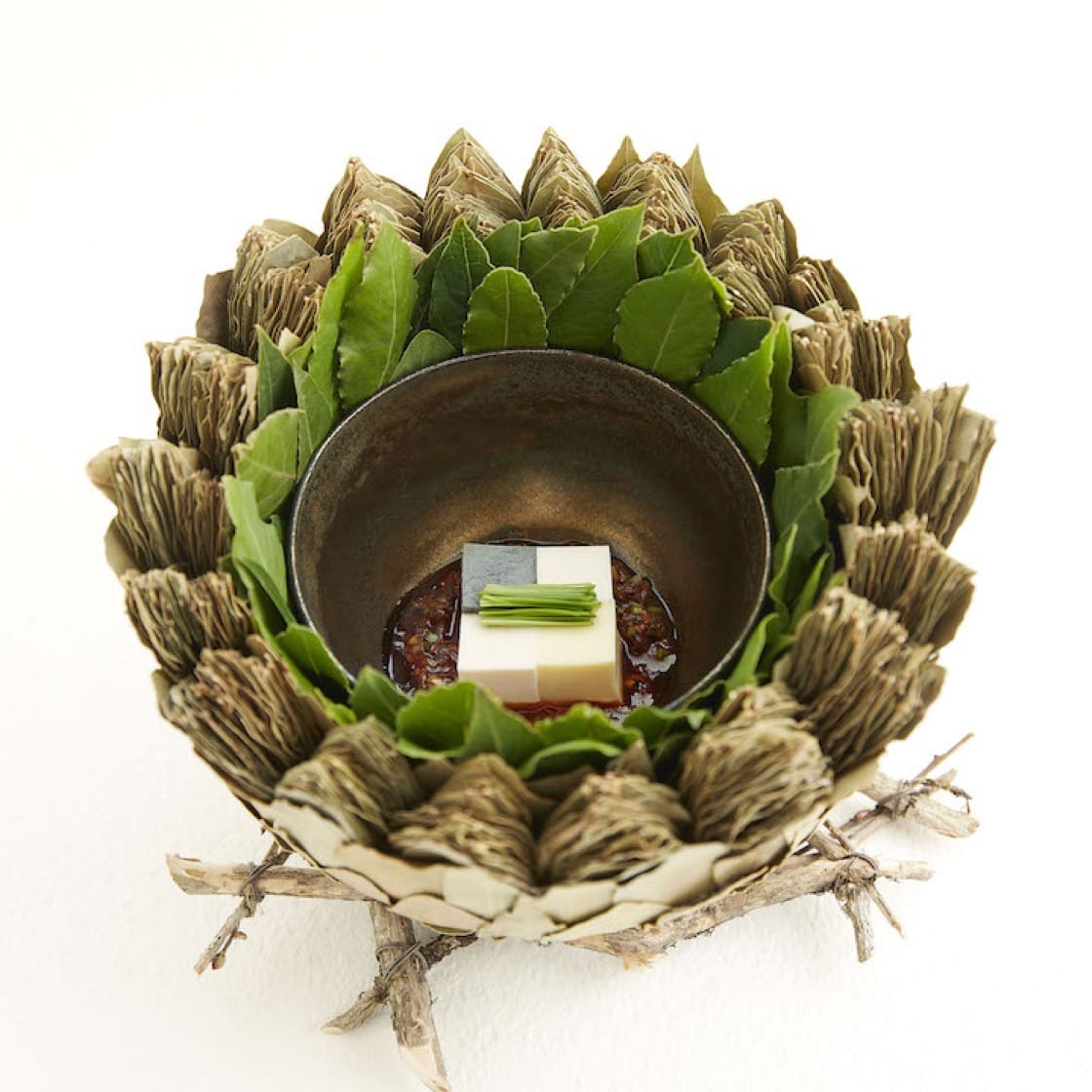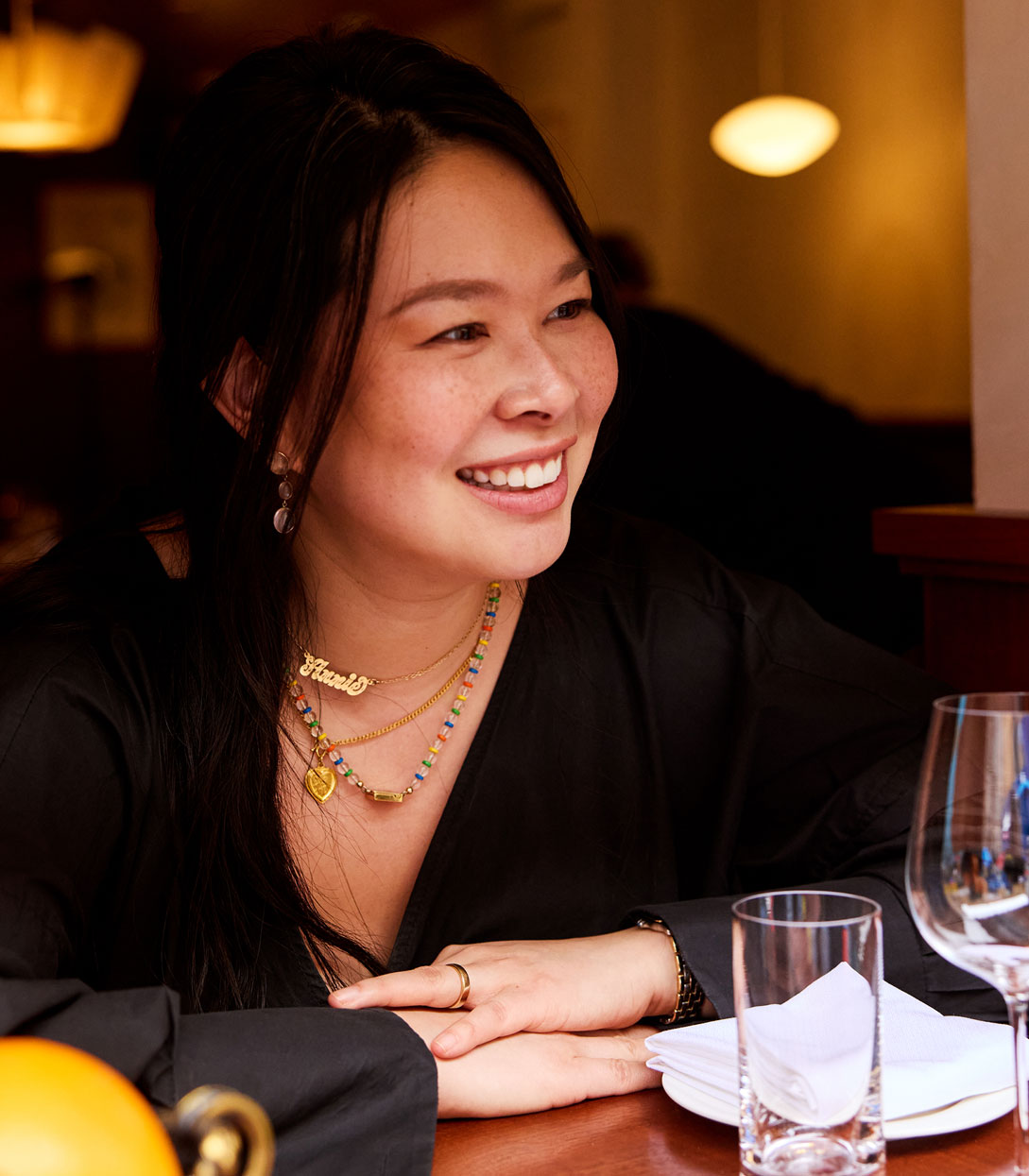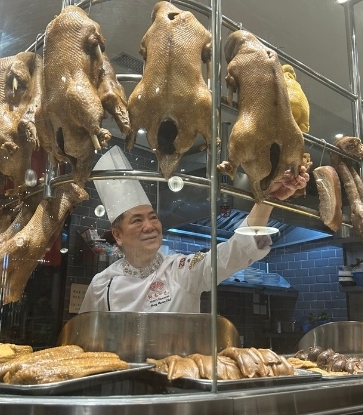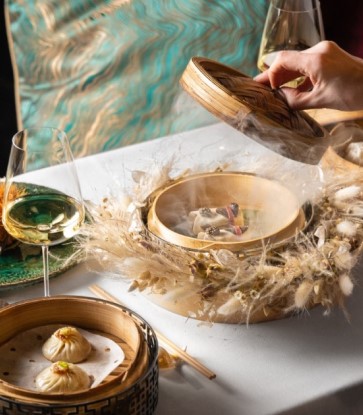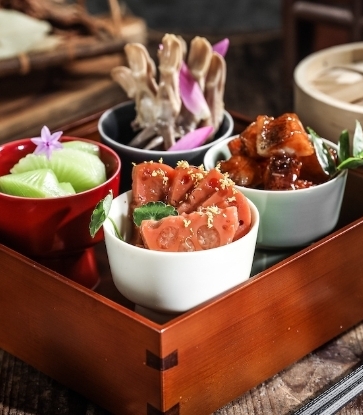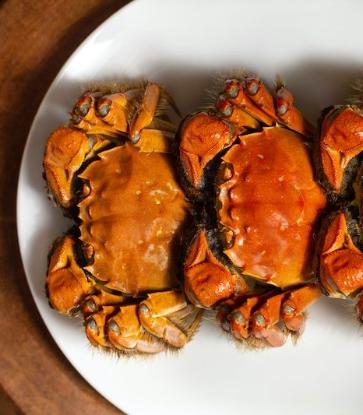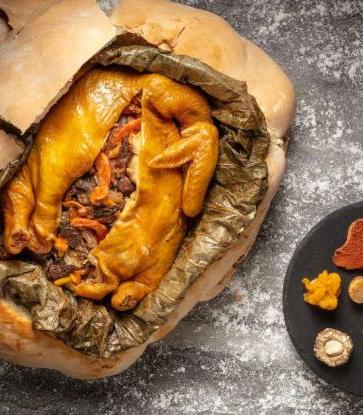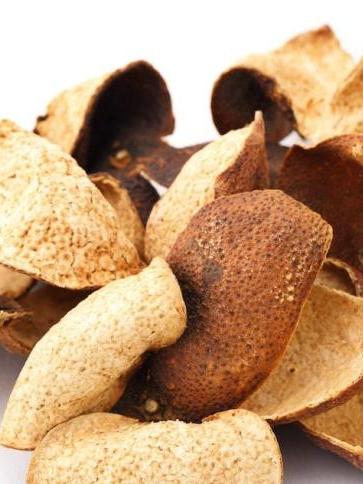Although it has one of the world’s oldest, richest and most sophisticated cultural traditions, much of the gastronomic wealth of China remains hidden within the behemoth country and in the eyes of many, Chinese cuisine has largely remained at the lower end of the global gastronomical hierarchy, dogged by a cheap, greasy stereotype, images of spring rolls and chop suey, and plating that always involves vegetable carvings and slices of cucumber.
But in the past decade, China’s economic boom and its rise on the international stage have also increased its cultural clout — and significantly expanded the scope and meaning of Chinese food.
We look at the evolution and development of Chinese cuisine from the different perspectives of three vanguards of the Chinese cuisine renaissance: Alan Yau, forward-thinking restaurateur challenging the notions of Chinese cuisine in a Western context; Andre Chiang, award-winning classically French-trained chef, rediscovering his Chinese roots and translating that in a way the world can understand and appreciate, and Jereme Leung, one of the early pioneers of fine dining New Chinese Cuisine making change from within the behemoth country.
Revolutionising Fine Dining Chinese In The West
Born in Hong Kong, Alan Yau moved to the United Kingdom at the age of 13 with his family and spent his evenings and weekends working at his family’s Chinese takeaway. As a young immigrant teenager in the early 1980s, he was struck by the negative perception of Chinese food that people held at that time.
“In those days, Chinese food was compromised or bastardised, partly because the skill sets and supply chain were not there and also because people at that time didn’t have the palate to demand authentic Chinese cooking. Generally speaking, Chinese cuisine at that time was perceived to be a cheap offering, laden with MSG, greasy and unhealthy,” he says. “The perception in the business community was that Chinese food could never be taken up to fine-dining level.”

His platform was Hakkasan, which he opened in 2001 just off London’s Oxford Street. An upscale modern Chinese restaurant with a multi-million-pound interior designed by French designer Christian Liaigre and prices to match the decor, Hakkasan was considered a revolutionary concept, placing Asian food at the forefront of glamourous fine dining. Hakkasan at Hanway Place received a Michelin star in 2003 which it has retained till today.
Yau then went on to open dim sum restaurant and patisserie tea house chain Yauatcha in 2004, which was awarded a Michelin star a year later, and was bestowed with the Order of the British Empire (OBE) in 2006 for his contributions to the UK’s restaurant industry. The proliferate restaurateur has gone on to open and consult for restaurants from Moscow to Monaco, including Madame Fan in Singapore.

But he is optimistic of seeing these things happen in the near future. “To achieve soft power through gastronomy, there needs to be a level of state intervention, high-level policies and economic inducements to galvanise the desirability and credibility of Chinese cuisine. Having the MICHELIN Guide in China now is a first step,” he says, referring to the Shanghai edition launched in 2016 and the Guangzhou guide which debuted last year.
He hopes to see a new generation of chefs that will be able to take Chinese cuisine to the next transcendental level. “You need someone who is able to do a Bruce Lee, to go in from wing chun and learn boxing and everything else, absorb all the different crafts and develop their own identity and fighting form, where it becomes: ‘The food is from me, from my heart, nothing else’. To get to that level is very important.”
Pioneering New Chinese Cuisine From Within
A figure who might just fit the bill of Yau’s analogous Bruce Lee is Shanghai-based chef Jereme Leung. In 2002, seeing the huge potential for growth in the massive Chinese market, the Singaporean chef took a gamble and left his cushy position as the Chinese executive chef at the Four Seasons Hotel to be the chef-owner of Three on the Bund in Shanghai.
“The opportunity of learning and developing my craft, and being exposed to the many ingredients and cooking methods that are not seen outside of China were also part of my reason for moving there,” he says.

That, and his staggering collection of over 15,000 cookbooks.
From mastering the fundamentals of traditional Cantonese cuisine to learning the various taste profiles of South-east Asian styles of Chinese cuisines in his early career, and immersing himself in the rich heritage of regional Chinese cuisines, Leung has established his own expression of New Chinese Cuisine.
His culinary philosophy is guided by an emphasis on seasonal and Chinese regional produce, a direction he will be taking for his upcoming restaurant 兿 (yì) by Jereme Leung in Singapore’s iconic Raffles Hotel, where he will present unique Chinese dishes rarely seen outside of China.

“In my personal opinion, after all the positive influence of modern presentations and global ingredients, it is very important for professional chefs to go back to their roots to embrace and understand Chinese culinary culture with an open heart. Improvements and changes need not necessarily come at the expense of traditional recipes or ingredients but rather respecting their authenticity and innovating in other ways.”
Translating A Timeless Chinese Cuisine For The World
To be sure, only a glimpse of the extraordinary gastronomic wealth of China is accessible abroad. Realising that was one of the reasons that drove acclaimed chef Andre Chiang to shock the culinary world when he closed his two-Michelin-starred eponymous restaurant in Singapore last year and packed his bags for his home country of Taiwan to fully delve into his Chinese roots.
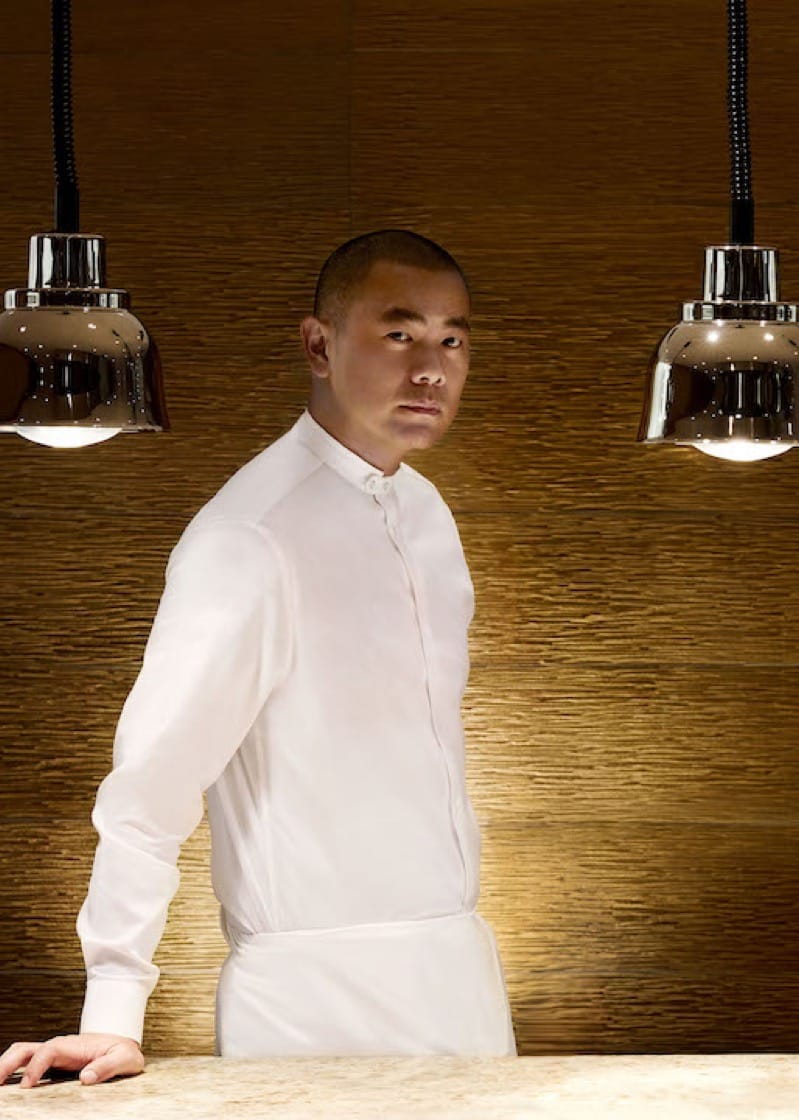
For Chiang, there is a sense of urgency as he works to communicate Chinese cuisine on a global stage and train a new generation of chefs at his restaurants, such as one-Michelin-starred restaurant RAW in Taipei, The Bridge in Chengdu and the just-opened Sichuan Moon at Wynn Palace in Macau.
Alongside holding the fort at his many restaurants, Chiang has invested a lot of his time into research and education, holding seminars in Taiwan and other parts of Asia, taking up speaking engagements in overseas conferences and teaching 20 to 25 classes a year at a local Taiwanese university. “Next year, I’ll be working with international scientists on decoding and pairing flavour profiles in Chinese cuisine. In Europe, a lot of research has been done about that but not so in Chinese cuisine.”
But he is not trying to be a master of Chinese cuisine. Chiang acknowledges the unique perspective that his Western training and international standing have given him and sees his role as that of a translator. “You can see the cuisine as a beautiful Chinese poem. When we read the poem, we understand the beauty of it, but not a foreigner. What I’m doing is not trying to change the poem or write a new one, rather to translate it into different languages so everyone can see its beauty. I always believe we cook Chinese cuisine for the world, not just the Chinese.”

